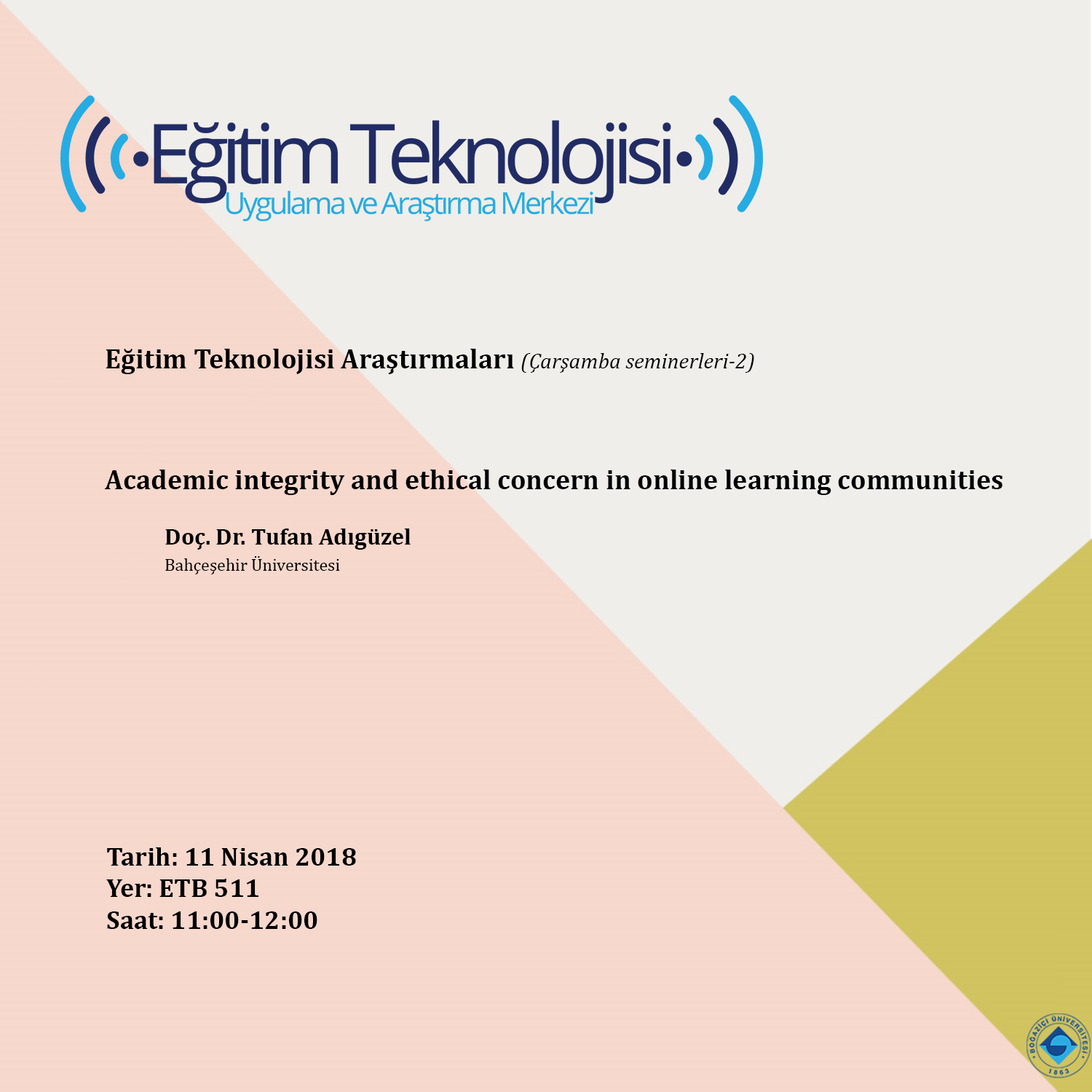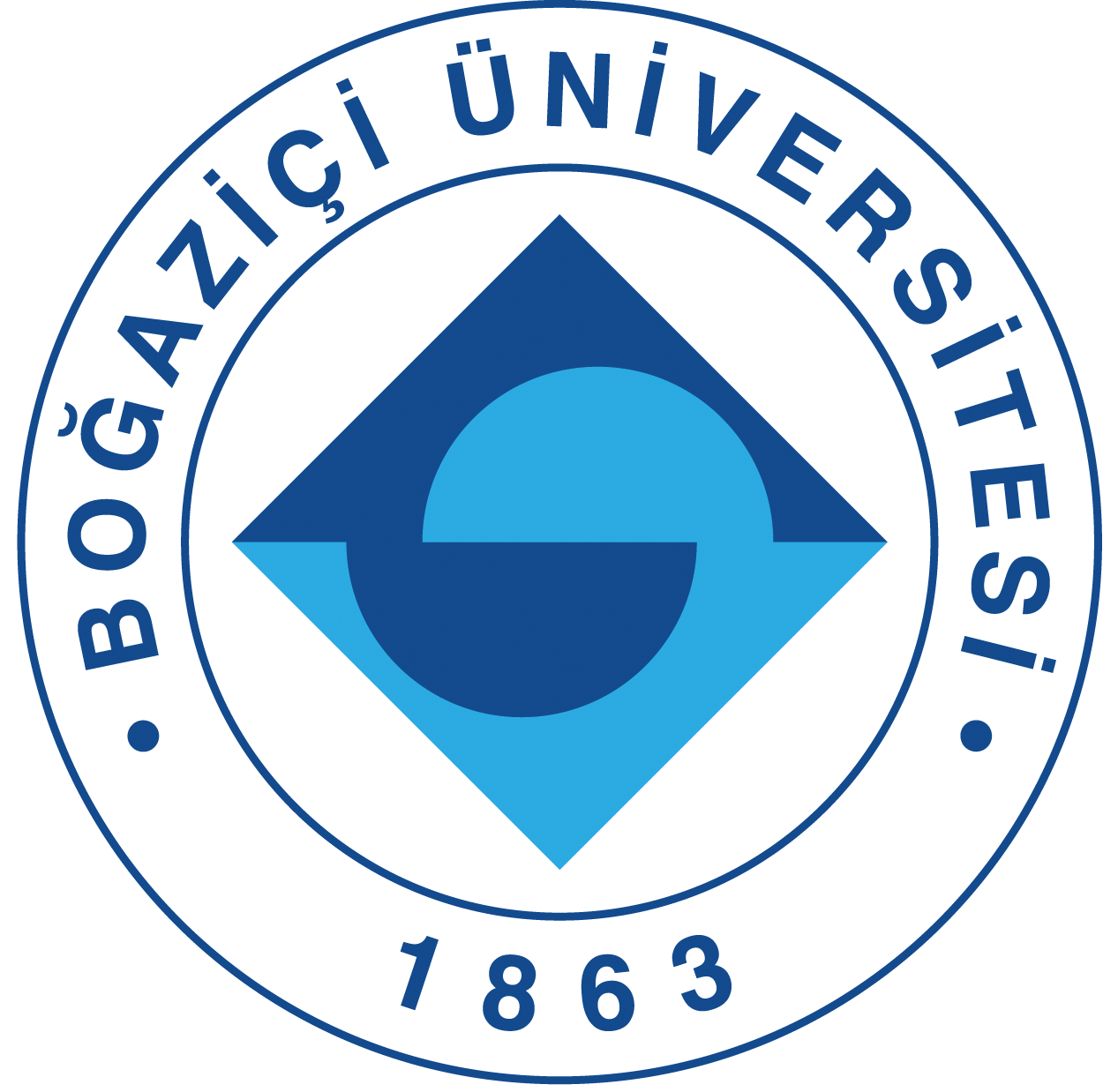Academic Integrity and Ethical Concern in Online Learning Communities - 11 Nisan 2018
Ethics are important challenges we face when we deal with e-learning (or in other corresponding learning ecologies) which are experiencing a rapid increase in many countries around the world. When we refer to e-learning, we intend it to mean instruction where time and space are fully independent. While online STEM learning and teaching are accelerated in countries with a high level of infrastructure matched with high levels of acceptability for e-learning, new pedagogies must either be developed or evolve. Unfortunately, with the rapid paced move into the e-learning space there has not been a sufficient focus on academic integrity. As some countries attempt to move into e-learning, they are underprepared to address and prevent academic dishonesty. Different cultural and historical norms may precipitate diverse behaviors (plagiarism, cheating, etc.). Importantly, behaviors that are viewed as dishonest in one cultural context may not be seen as inappropriate in others. Potential contextual factors that underlie learners’ engagement in dishonest behavior and potential solutions will be discussed. By blending these topics, the discussion will help stakeholders and decision makers address the STEM ethics debate within the e-learning environment.

Boğaziçi Üniversitesi Eğitim Teknolojisi Uygulama ve Araştırma Merkezi

Kuzey Kampüs ETB Blok 706, Bebek 34342 İstanbul
Telefon:+90 212 359 49 51
E-Posta:
etam@boun.edu.tr
